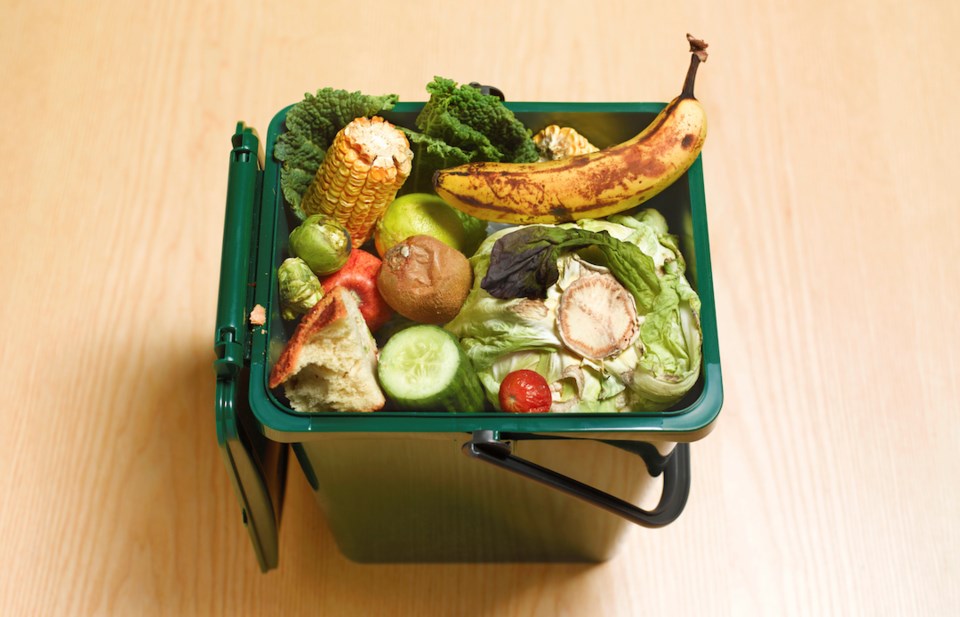The Editor:
Food waste is simply unacceptable. It causes irreparable harm to the people who need good food but are unable to access it easily. It also has a severe impact on the economy as a considerable amount of resources are wasted in producing food that is eventually thrown away.
Additionally, it is highly detrimental to the environment. The food that ends up in landfills produces a gas called methane, which poses a far greater risk to the planet than carbon dioxide.
Here at Port Coquitlam's Real Canadian Superstore (3000 Lougheed Hwy.), we are working to put a stop to food waste.
According to Second Harvest, almost 60 per cent of the food made in Canada, about 35.5 million tonnes, is wasted every year. That's a big problem that costs our economy $49 billion.
Food gets wasted at farms, factories, stores, and homes. But no matter where it comes from, we can all agree that any waste is too much.
That's why stores like ours are working hard to make sure all the food we have goes to good use, not the landfill. We're working toward sending zero food waste to the landfill by 2030, and that means we've had to make a lot of changes.
First, we make sure good food goes to people who need it. One of our biggest impacts is the donations we make to Share community food bank to ensure our community has access to safe and healthy food.
But what about food from our store that can't be eaten anymore? Like stuff from our bakery or salad bar? In those cases, we're turning the waste into something useful for farms.
As grocers, we know that we not only have an opportunity to change the system, right within our stores, but we have the chance to interact with customers and share our knowledge on how to reduce waste. Here are some of the helpful waste reduction methods stores like mine have introduced:
- Big wins for biogas
- Did you know that we can change food and animal waste into renewable power instead of letting it go to the landfill? Organizations, like ZooShare, are turning inedible food waste into biogas for renewable energy through a process called anaerobic digestion. And if that wasn’t enough good for the world — a byproduct of this process is fertilizer, which can be used to regenerate the cycle and help grow local food.
- Making a loop
- Through organizations like Loop Resource Ltd., we can help farmers by turning food that's not good for people into animal feed. Partnerships like these help stores send millions of kilograms of food waste to more than a thousand farms. There are multiple wins here — not only for food waste reduction but for community relationships with farms.
- Opting for organic programs
- Simply given the nature of our job, we’re handling food every day. That’s why it’s important for us to set up programs, like our organics diversion program, so we’re keeping tabs on everything that’s going to landfill. Think of your garbage or organic bins — but ten times larger! By being mindful of what goes to our compactor or if we can divert the food elsewhere, we’re helping to make a difference.
Let's stop the cycle of food waste — from food producers to stores, to our homes.
We all have a part to play in making sure no waste goes to waste.
- Ken Bye, Store Manager, Port Coquitlam Real Canadian Superstore



